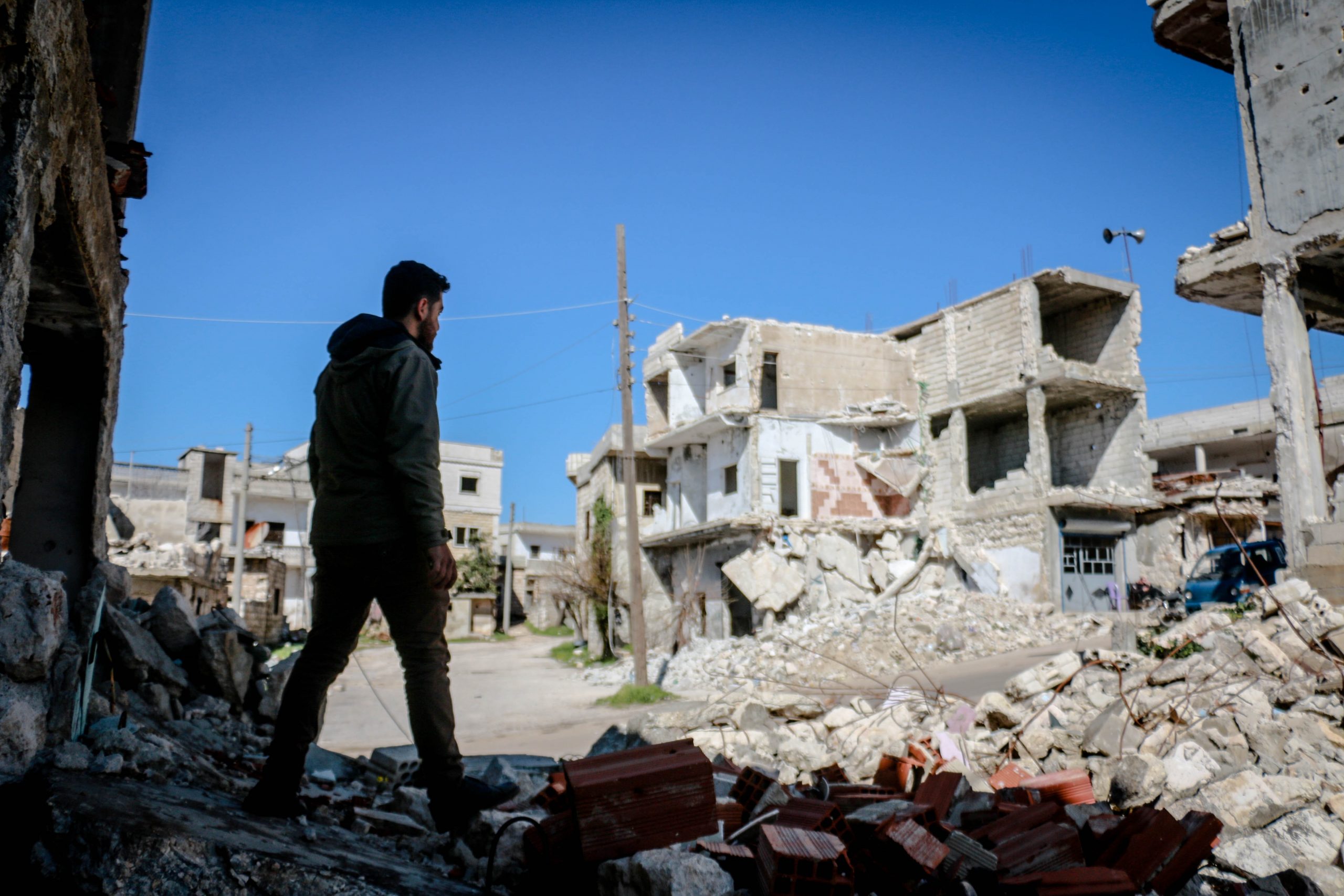
Major emergencies and panic management: what to do and what NOT to do during and after an earthquake
For a common citizen, the seismic event is always a moment of great stress. Within certain limits this stress can be adequately managed by following a few simple rules
These rules obviously cannot replace the work of a rescuer, who has knowledge of another level, but they can increase the possibility of survival of families and facilitate search and rescue activities.
Seismic activities require active cooperation from everyone.
Naturally in the queue you will find adequate insights on various topics related to the topic.
MANAGEMENT OF MAXIMUM CIVIL PROTECTION EMERGENCIES: VISIT THE SERAMAN BOOTH AT THE EMERGENCY EXPO
How to behave during an earthquake and in the immediately following moments?
1) If you are indoors, seek shelter in a doorway inserted in a load-bearing wall (the thicker ones) or under a beam. It can protect you from any meltdowns
2) Take cover under a table. It is dangerous to be near furniture, heavy objects and glass that could fall on you
3) Do not rush to the stairs and do not use the elevator. Sometimes the stairs are the weakest part of the building and the elevator can get stuck and prevent you from getting out
4) If you are driving, do not park near bridges, landslides or beaches. They could be damaged or collapsed or be hit by tsunami waves
5) If you are outdoors, move away from buildings and power lines. They could collapse
6) Stay away from industrial plants and power lines. Accidents may occur
7) Stay away from lake edges and marine beaches. Tsunami waves may occur
8) If you are at school, follow your teacher’s instructions carefully.
9) If possible, always rescue children, the disabled, the elderly first.
10) Avoid snooping around and reach the waiting areas identified by the municipal emergency plan. One must avoid approaching dangers
11) Avoid using the telephone and the car. It is necessary to leave the telephone lines and the roads free in order not to hinder the rescue operations.
12) Make your children understand that during the shock, they must NEVER be separated from mum and dad for any reason, not even at home.
VISIT ADVANTEC’S BOOTH AT EMERGENCY EXPO AND DISCOVER THE WORLD OF RADIO TRANSMISSIONS
What to do and what not to do AFTER an earthquake?
1) It could be useful to remove the password from the wi-fi, in order to facilitate its use to help rescuers and people trapped under the rubble.
2) If Facebook has activated the Safety Check, the service that allows people in the areas affected by the tremors to report their whereabouts to their friends, and if you are on Facebook, let them know that you are fine. It is an indirect way to direct relief efforts to where they are really needed.
3) Donate blood if the Civil Protection announces that it is needed.
4) If you have young children, do not go back home to retrieve toys or cuddly toys. Explain to the child that you can pick them up later.
5) If you live far from the areas affected by the earthquake, NEVER go to the places affected by the earthquake, neither to browse nor with the intention of helping (unless you are expert rescuers or health personnel). Firstly because there could be landslides dangerous to your health. Second because you could get in the way of rescuers.
6) Leave the #earthquake channel free on Twitter: it could be useful for relief efforts.
7) If you have suffered the earthquake up close, have had physical damage or have lost a family member, in the days and months following the earthquake you could suffer from post-traumatic stress disorder: do not underestimate this pathology.
DO YOU WANT TO KNOW RADIOEMS? VISIT THE RADIO BOOTH DEDICATED TO RESCUE IN EMERGENCY EXPO
Remember that at the top of the rescue system there are people highly trained in the management of these maxi emergencies, and therefore do not hesitate to rely on their indications: they will use the official profiles of the various institutions to get them to you.
Follow them.
Read Also
Emergency Live Even More…Live: Download The New Free App Of Your Newspaper For IOS And Android
Disaster Psychology: Meaning, Areas, Applications, Training
Earthquakes And Natural Disasters: What Do We Mean When We Talk About The ‘Triangle Of Life’?
Earthquake Bag, The Essential Emergency Kit In Case Of Disasters: VIDEO
Disaster Emergency Kit: how to realize it
Earthquake Bag : What To Include In Your Grab & Go Emergency Kit
How Unprepared Are You For An Earthquake?
Emergency Backpacks: How To Provide A Proper Maintenance? Video And Tips
Earthquake and How Jordanian hotels manage safety and security
PTSD: First responders find themselves into Daniel artworks
Emergency preparedness for our pets
Earthquake And Loss Of Control: Psychologist Explains The Psychological Risks Of An Earthquake
Civil Protection Mobile Column In Italy: What It Is And When It Is Activated
Earthquakes And Ruins: How Does An USAR Rescuer Operates? – Brief Interview To Nicola Bortoli
Difference Between Wave And Shaking Earthquake. Which Does More Damage?



